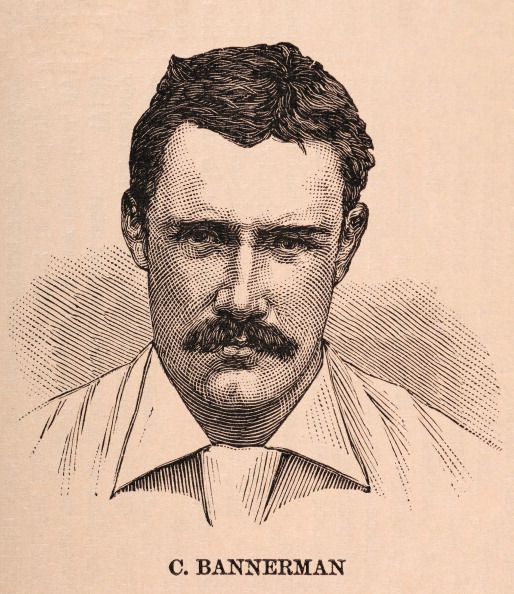
First Test centurions for every test team

Test Cricket is the most coveted, respected and loved form of the game of cricket. It has shaped and determined people’s idols and inspirations. Nothing can beat the thrill of witnessing a Test match, with its umpteen twists and turns.
The longest form of the game is considered its highest standard. The first ever Test match was played between England and Australia from 15-19 March 1877 at the Melbourne Cricket Ground (MCG), where Australia won by 45 runs.
This format has had to face a lot of trials and tribulations in recent times. Owing to the quality of oppositions and pitches on offer, Test matches are becoming rather one-sided and mostly end up being high scoring draws.
To counter the threat caused by the ever-increasing lure of T20 leagues across the globe, cricket administrators have had to take notice and adopt measures to maintain the glory of Test cricket. A day-night Test was introduced a couple of years back where Australia played hosts to New Zealand, using a pink ball.
This is the current situation for Test cricket. Purists never have, and never will accept the fact that T20 is the most popular and interesting form of the game. Nevertheless, every country will definitely cherish having played so many Test matches, over the years since their inception into Test cricket.
For all the cricket lovers, we take you down memory lane by featuring the first Test centurions for each Test team.
Australia

Australia and for that matter Test match cricket didn’t have to wait too long to witness their first Test centurion. In the inaugural Test match played between Australia and England at the MCG, Australia’s Charles Bannerman scored the first ever century in the history of Test cricket.
He scored the first Test run against England, on route to a fabulous 165 runs before retiring hurt with a split hand. And what’s surprising is, after all these years and after so many Test matches played worldwide, there is one record that Charles Bannerman still holds- the percentage of runs of the overall total, 67.5%.